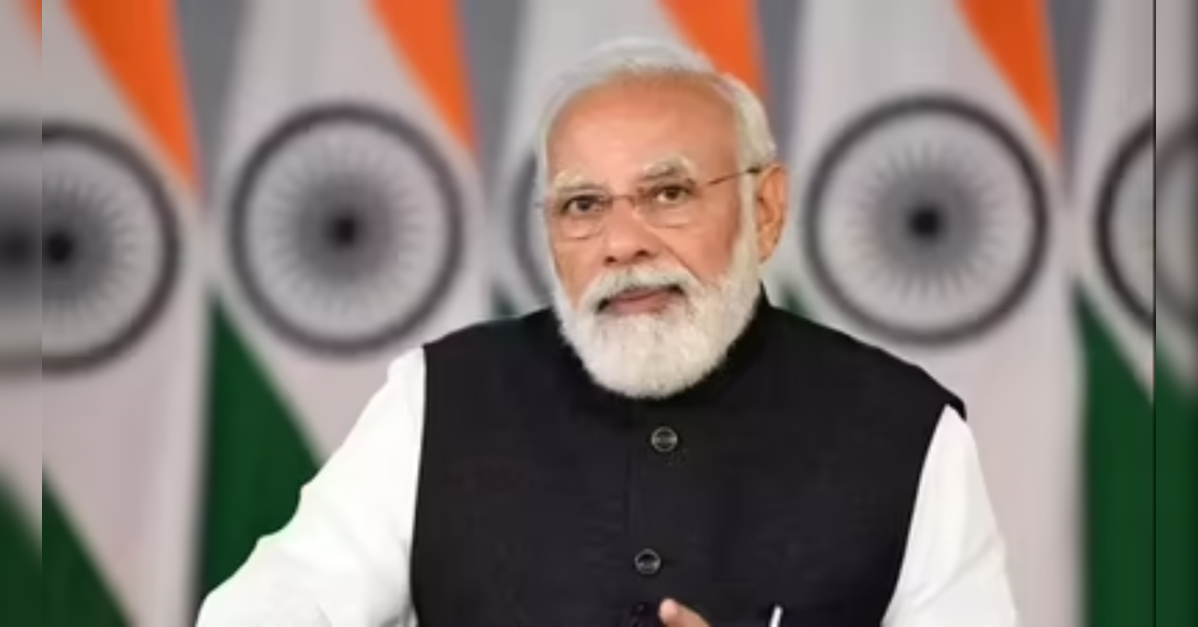Russia hopes Brazil can join China in replacing Western companies
Brazilian firms could plug some of the gaps in Russian markets left by the exodus of Western companies and only partially filled by Chinese firms, Russia's deputy economy minister Vladimir Ilyichev said on Wednesday.
The abrupt departure of scores of Western companies over the conflict in Ukraine led to capital outflows and an economic slowdown. Moscow is now focused on local production and working with so-called “friendly” countries that have not imposed sanctions, particularly the Brics nations of Brazil, India, China and South Africa.
Any Western firms trying to return face barriers to re-entry and some industries, such as telecom, look firmly off limits.
Local firms have filled some niches left by the Western companies while other sectors, particularly the car industry, are now dominated by Chinese players.
Ilyichev, speaking on the Brazil-Russia panel at Russia's economic forum in St Petersburg, suggested Brazilian firms could establish operations in Russia to supply engineering products and goods related to consumer industries.
“We believe that Brazilian companies could occupy some of the niches that were vacated in our market after the departure of Western companies and have not yet been fully filled by our Chinese colleagues,” Ilyichev said.
Bilateral trade in goods like fertilisers, oil products, food and metals between Russia and Brazil reached a record $12.4bn (R224.18bn) in 2024, though Brazilian exports lag well behind Russia's. Ilyichev said he was hopeful of further co-operation, including in terms of nuclear power.
On a separate panel, Rostelecom CEO Mikhail Oseevskiy said: “European (companies), American companies, software developers and hardware (developers) should not be allowed in. The road must be closed. They left, slamming the door, abandoning everything: there is no trust.”
The comments echoed those of the CEO of industrial conglomerate Rostec, a crucial cog of Russia's defence industry.
“The numerous Western partners that we had before 2022 have failed us,” Rostec head Sergei Chemezov said in an interview last week with Razvedchik, a magazine published by the SVR, Russia's foreign intelligence service.











